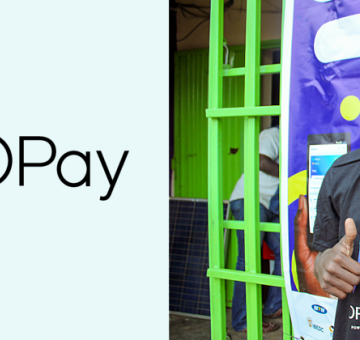New Indonesian fintech Unicorn Xendit with $150M in fresh funding

There’s a new entrant in Southeast Asia’s growing list of unicorns. Jakarta-based Xendit, best known for its digital payment infrastructure but also focused on other financial products, announced today it has raised $150 million in Series C funding, bumping its valuation to $1 billion. The round was led by Tiger Global Management, with participation from returning investors Accel, Amasia and Goat Capital, the venture firm co-founded by former Y Combinator partner Justin Kan (in 2015, Xendit became the first Indonesian startup to participate in the accelerator program), according to TechCrunch.
Accel led Xendit’s $64.6 million Series B, announced just six months ago. This new round brings its total funding so far to $238 million. The company was founded in 2015 by chief executive officer Moses Lo and chief operating officer Tessa Wijaya.
At the end of last year, Xendit expanded into the Philippines, and says it is now one of the biggest payment players in the country.
Xendit decided to raise again to fuel expansion into other countries, Wijaya told TechCrunch. “Our core focus at the moment for this new fundraise is to further regionalize and to expand our product suite in regions where we are at or will expand into.” The company also plans to launch value-added services.
Wijaya said that Xendit has experienced more than 200% year-over-year increase in total payments volume, and now has a total payment volume (TPV) of $9 billion processed per annum.
Before COVID-19, many of Xendit’s customers were in the travel industry, and it was hit hard by the pandemic. But since then, it’s expanded its scope.
The company’s clients range in size from SMEs to some of the region’s largest tech players, including Traveloka, Wise, Wish and Grab. Digital payments in most Southeast Asian markets are extremely fragmented, with consumers using everything from digital wallets, buy now, pay later services and virtual accounts to traditional debit and credit cards.
Xendit’s solutions let businesses accept payments from many of these methods through three integration options. These include live URLs that sellers can message to a customer for payment; web and mobile checkouts that work with e-commerce platform plug-ins; and APIs.
“In Southeast Asia, you can’t just focus on one thing, you can’t just focus on payments,” said Wijaya. “You want to focus on being this platform for every merchant to get onboard, and to never leave whenever they transact digitally.”
For example, Xendit is experimenting with working capital loans for merchants, and also exploring credit card issuing with partners, since credit card penetration is still very low in Indonesia and the Philippines.
Xendit’s expansion strategy into new markets, like Malaysia and Vietnam, will rely on solving problems that are unique to each market.
“I think the formula we had in the Philippines, which is hiring a lot of local people who understand the market rather than telling them what to do, has really worked for us, and that is how we’re going to continue our expansion plan,” she said.
Some of Xendit’s competitors in its current markets include Midtrans in Indonesia, which was acquired by Gojek in 2017, and PayMongo in the Philippines, which is backed by Stripe.
In a press statement, Tiger Global Management partner Alex Cook said, “Xendit’s digital payments infrastructure, built specifically for Southeast Asia, is quickly becoming the standard for financial operations in the region. By providing a reliable and secure payment gateway, Xendit has created an on-ramp to the digital economy for businesses across the region.”






































































EgyptInnovate site is not responsible for the content of the comments